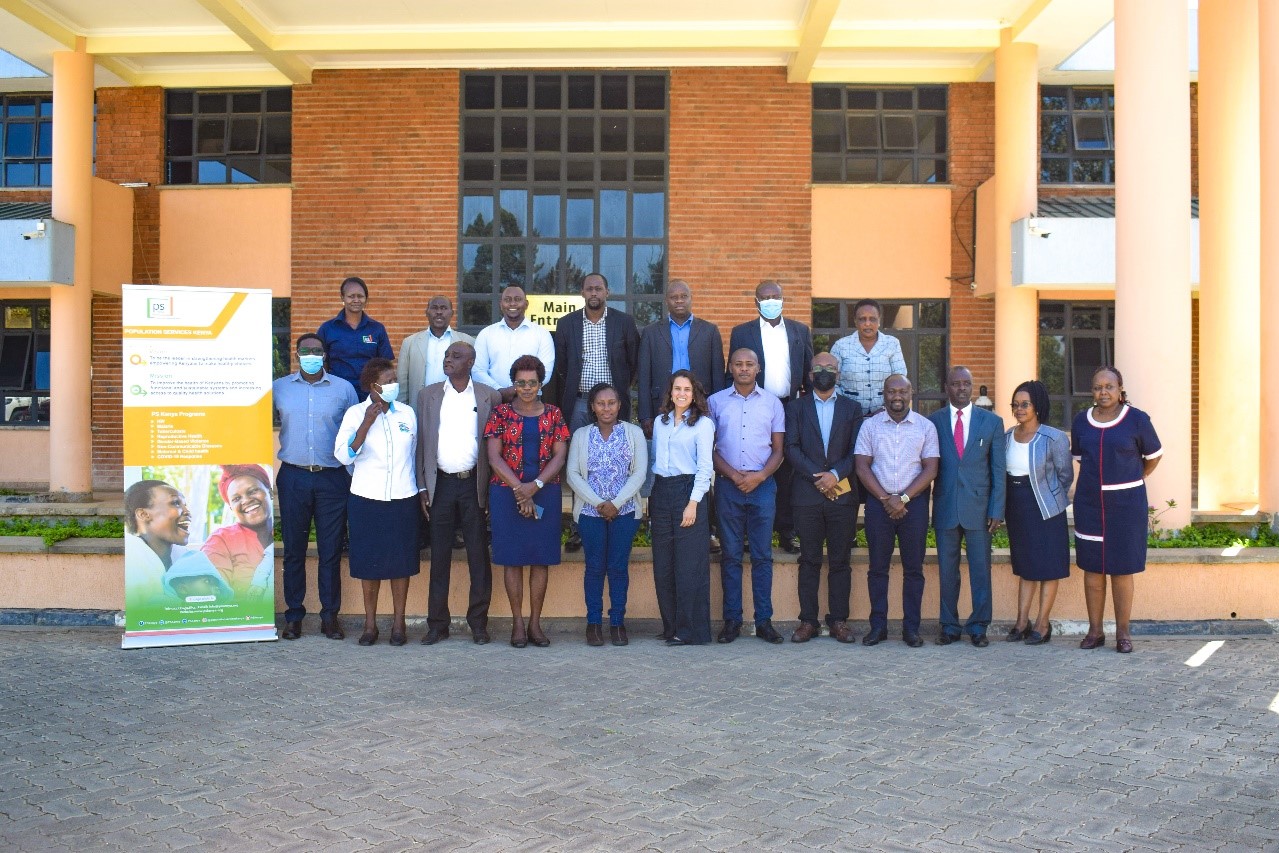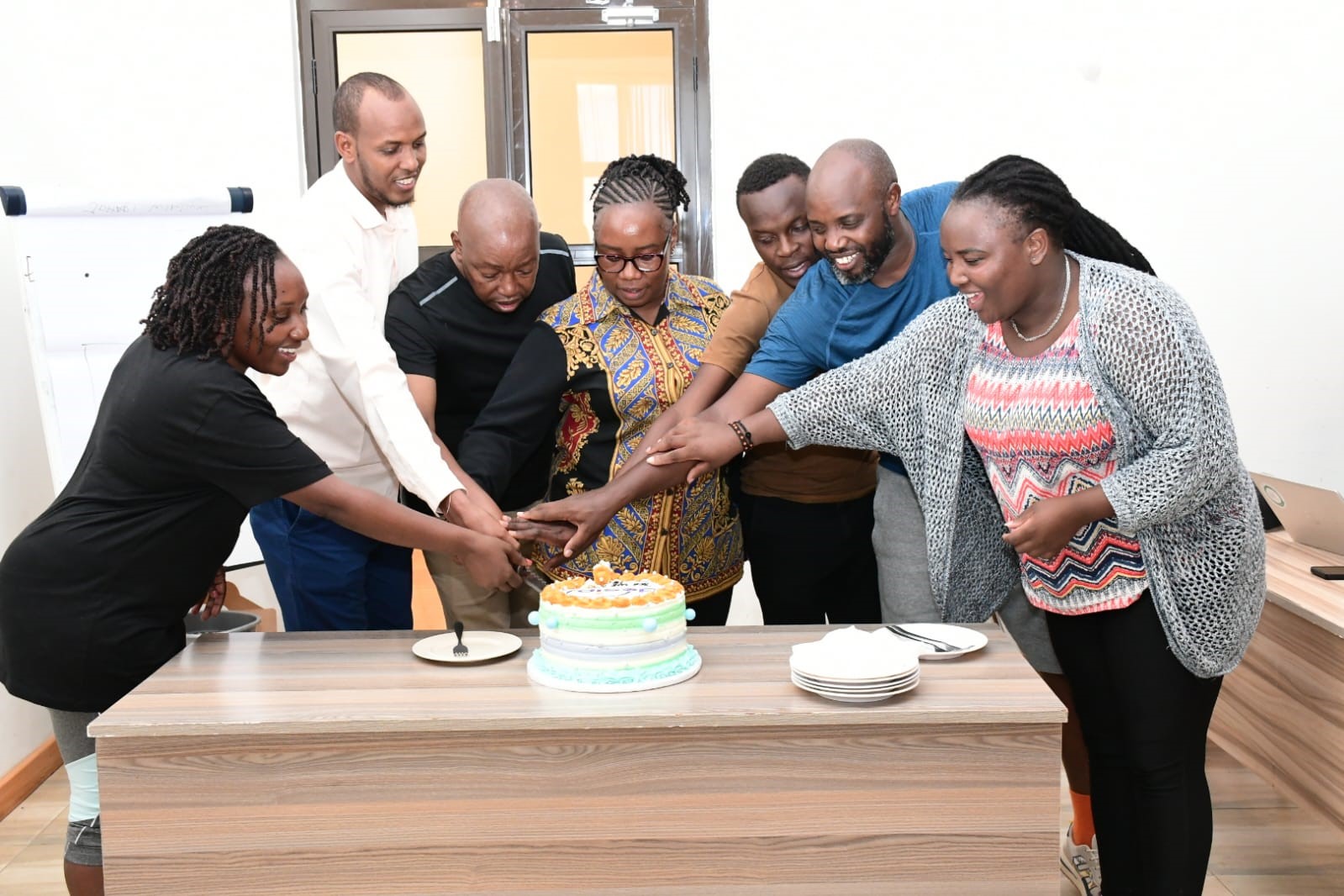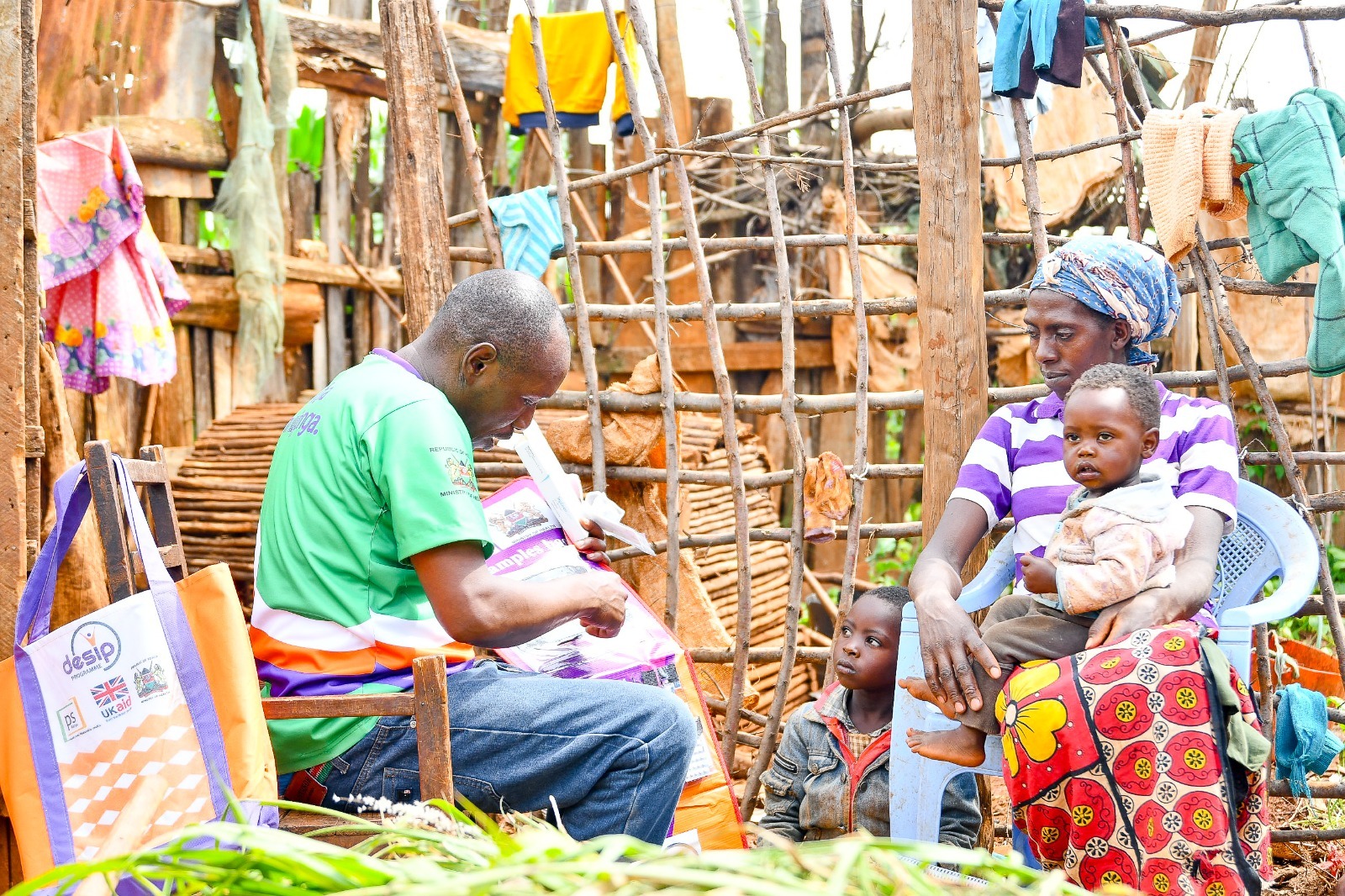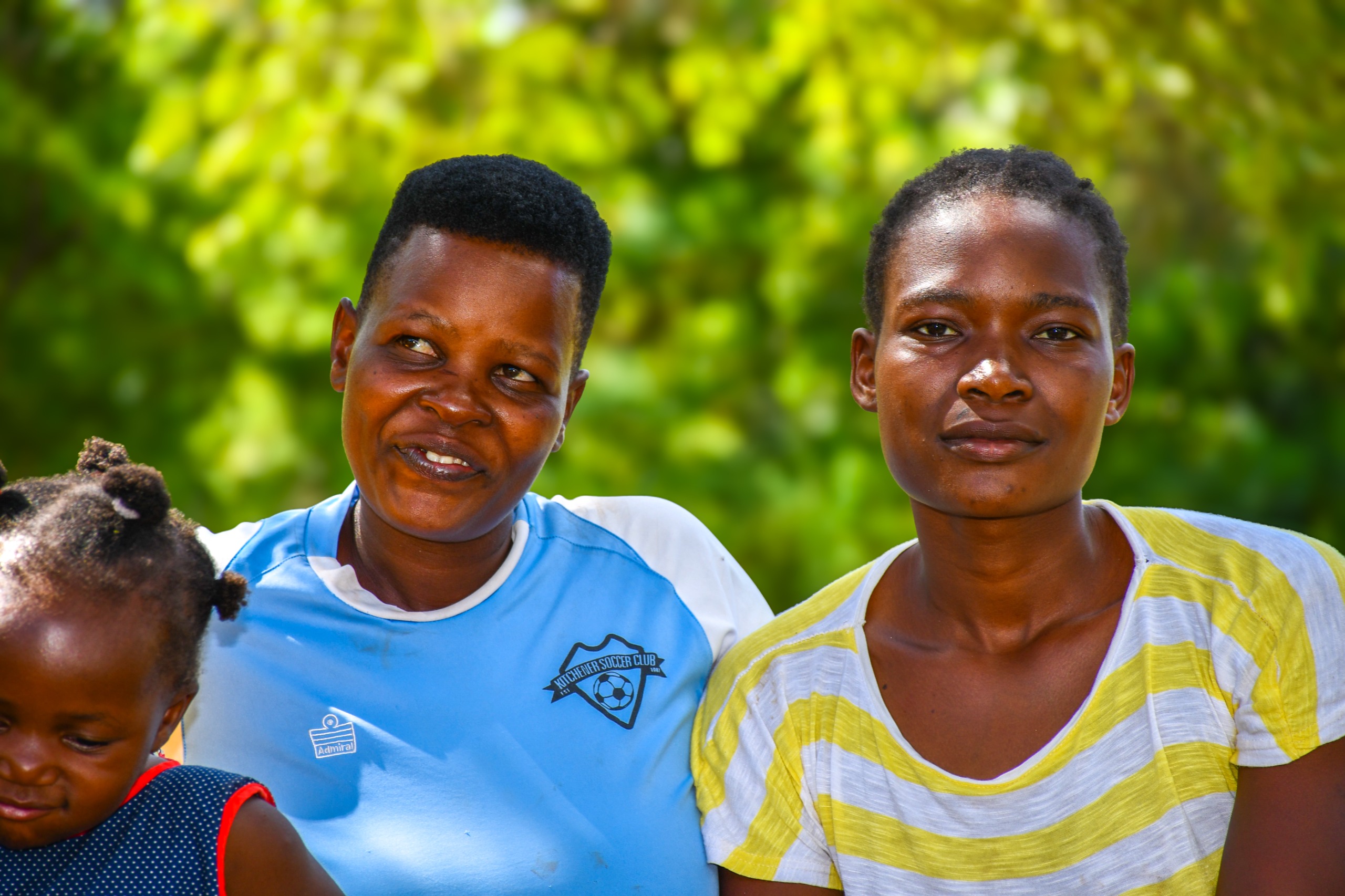Since the onslaught of the COVID-19 pandemic in the Kenya in March of 2020, PS Kenya, in partnership with the Ministry of Health, has enforced several measures to aid in limiting the spread of the disease through different Social Behavior Change (SBC) campaigns. Vaccination is one of the key interventions in the fight against the pandemic by reducing both the death rate and disease burden. The country received its first shipment of the COVID-19 vaccine in March of 2021, after which it was distributed to local hospitals at county and sub-county levels.
PS Kenya’s most recent campaign, dubbed the “Vaccination Action Network” project, funded by the Rockefeller Foundation, is set to run for one year and focuses on increasing COVID-19 vaccination uptake in Nakuru County through local mobilization and social media engagement. As of February 13, 2023, there were 17,502 reported COVID-19 cases in Nakuru County, with the male gender being the most affected at 9,980 cases. The county has a case fatality rate (CFR) of 4.7%, representing the 826 deaths to date.
The County’s Department of Health Services, led by the County Director for Public Health, Ms. Elizabeth Kiptoo, hosted Emilia Carrera, the Director for the Global Vaccination Initiative at The Rockefeller Foundation and PS Kenya team on February 13, 2023. The purpose of the visit was to properly align the donor, county, and partner priorities.

Nakuru county’s current adult vaccination uptake stands at 43.22%, representing 550,429 against their target of 1,273,265, while 61,508 persons below 17 years have been vaccinated. Nakuru County’s Health Management Team (CHMT) proposed Njoro and Rongai sub-counties as good starting points for the project as they have the lowest vaccination uptake thus far, with 829 and 1554 reported cases, respectively. The low uptake is a result of different myths and misconceptions, vaccine apathy, and a shortage of vaccines, among other reasons.
One of the strategies to be employed during this campaign is the use of community-owned resource persons (CORPs), including women group leaders, youth leaders, people with disabilities (PWDs), religious leaders, boda boda, and matatu sacco leaders. These cohorts will undergo training from the county on how to carry out mobilization of their respective groups and dispel any misinformation that may hinder the uptake of the vaccine. In a bid to kill two birds with one stone, the county also intends on carrying out roadshows with vaccinators on board as well as keeping up with the mobile clinics and house-to-house visits.
“Outreach and mobile clinics enable us to get to the people in the community that are unable to come for vaccination at the facilities. “This is one strategy that has really been working for us since we began the vaccination drive in 2021,” says Virginia Njenga, Coordinator of the Expanded Program for Immunization (EPI) at the county level.
Emilia Carrera also encouraged the county to take up the approach of integrating the COVID-19 vaccination with other services, especially with groups that have comorbidities such as HIV and high blood pressure.
“People don’t come to the facilities unless they are sick, and so it is important to integrate the vaccination with regular checkups and take the opportunity to find out whether the patient is interested in getting the vaccine.”
PS Kenya also intends on carrying out a digital campaign on social media platforms as well as popular radio stations within the community in order to reach the targeted audiences with the key messages of vaccination uptake.



